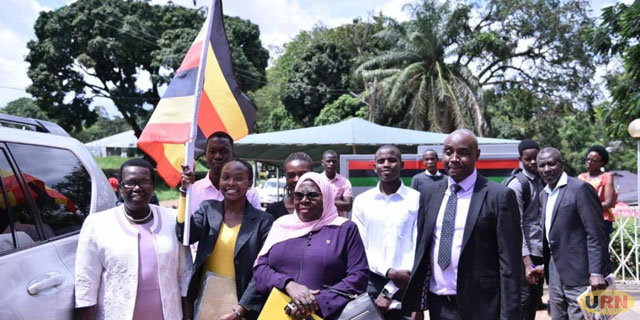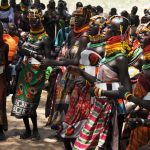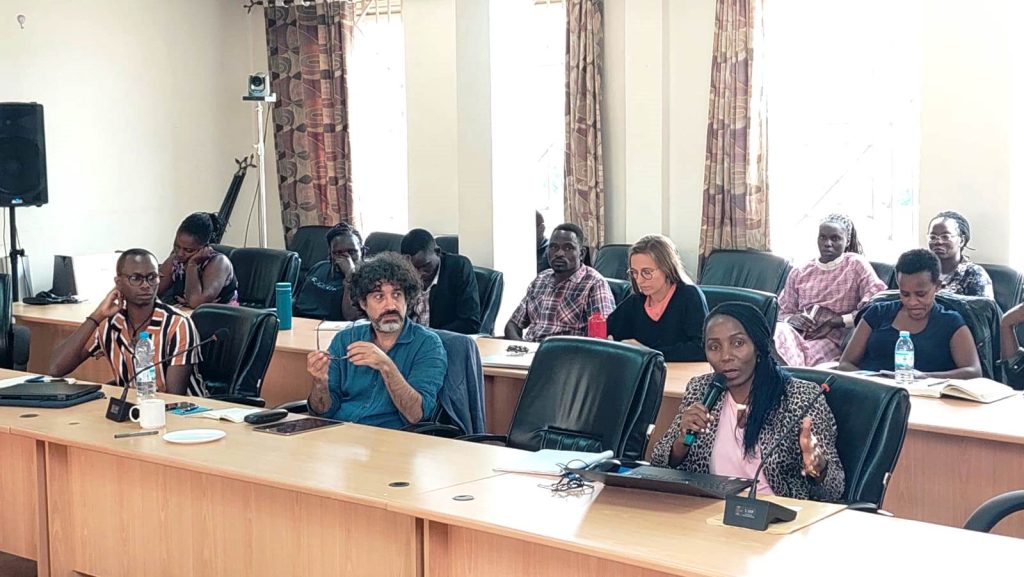In 2009, Richard Basoma Bagaiga, recipient of an Algerian scholarship for electronic engineering, faced unforeseen challenges upon returning home. Despite holding a master’s level education by Algerian standards, the NCHE has yet to acknowledge his qualifications, leaving him unable to progress professionally or find employment.
Bagaiga’s predicament mirrors the struggles of numerous Algerian-educated students in Uganda. Many, having pursued STEM degrees, face prolonged battles for qualification equivalence and acknowledgment from professional bodies. Nicholas Ndiba, a microbiology graduate, experienced hurdles with the Allied Health Professionals Council, prompting his return to university in Uganda.
Eng. Emmanuel Opio Elasu points out flaws in the NCHE’s qualification equivalence process, citing the absence of clear entry structures for medical students transitioning from Algeria to Uganda. During recent engagements, frustrated students expressed dissatisfaction with the disjointed approach of government institutions, including the NCHE and the Ministry of Education.
Dr. Vincent Ssembatya, Director for Quality Assurance at NCHE, acknowledges challenges in equating qualifications due to differences between Algeria’s education systems. The shift from the Classique to LMD system poses complexities, especially for programs still adhering to the former. Algeria’s prominence as a scholarship destination contrasts with the NCHE’s struggle to equate qualifications, with only 74 students equated between 2018 and the present.
Faced with recognition challenges, some students opt to explore opportunities in countries like Canada and France. Minister Chrysostom Muyingo expresses concern about potential knowledge and skills transfer hesitations. To address the issue, he suggests thorough curriculum checks before sending students abroad and collaboration with professional bodies.
Hajj Muzamil Mukwatampola, Commissioner in Charge of Admissions and Student Affairs, highlights ongoing efforts to find solutions. Dr. Ssembatya proposes a Common Qualifications Framework at the African Union level to improve recognition, foster mobility, and align academic qualifications with professional standards.




















